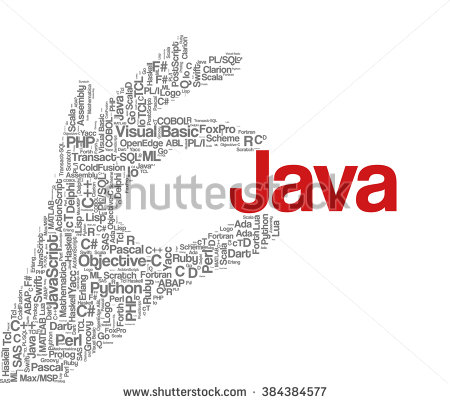Implementation Of Oops Concepts
Core OOPS concepts are :
- Abstraction
- Encapsulation
- Polymorphism
- Inheritance
- Association
- Aggregation
- Composition
Abstraction :
Abstraction is the concept of hiding the internal details and describing things in simple terms. For example, a method that adds two integers. The method internal processing is hidden from outer world.
Encapsulation :
Polymorphism :
Encapsulation :
Encapsulation is the technique used to implement abstraction in object oriented programming. Encapsulation is used for access restriction to a class members and methods.
Access modifier keywords are used for encapsulation in object oriented programming. For example, encapsulation in java is achieved using
private, protected and public keywords.Polymorphism :
Polymorphism is the concept where an object behaves differently in different situations.
There are two types of polymorphism:
- Compile Time
- Run Time
Compile time polymorphism is achieved by method overloading.
Here we have multiple
draw methods but they have different behavior. This is a case of method overloading because all the methods name is same and arguments are different. Here compiler will be able to identify the method to invoke at compile time, hence it’s called compile time polymorphism.
Runtime polymorphism is implemented when we have “IS-A” relationship between objects. This is also called as method overriding because subclass has to override the superclass method for runtime polymorphism. If we are working in terms of superclass, the actual implementation class is decided at runtime. Compiler is not able to decide which class method will be invoked. This decision is done at runtime, hence the name as runtime polymorphism or dynamic method dispatch.
Inheritance :
inheritance is the object oriented programming concept where an object is based on another object. Inheritance is the mechanism of code reuse. The object that is getting inherited is called superclass and the object that inherits the superclass is called subclass.
We use
extends keyword in java to implement inheritance.
Types Of Inheritance In Java :
- Single Inheritance
- Multilevel Inheritance
- Hybrid Inheritance
- Heirarchical Inheritance
Association :
Association is the OOPS concept to define the relationship between objects. Association defines the multiplicity between objects. For example Teacher and Student objects. There is one to many relationship between a teacher and students. Similarly a student can have one to many relationship with teacher objects. However both student and teacher objects are independent of each other.
Aggregation :
Aggregation is a special type of association. In aggregation, objects have their own life cycle but there is an ownership. Whenever we have “HAS-A” relationship between objects and ownership then it’s a case of aggregation.
Composition :
Composition is a special case of aggregation. Composition is a more restrictive form of aggregation. When the contained object in “HAS-A” relationship can’t exist on it’s own, then it’s a case of composition. For example, House has-a Room. Here room can’t exist without house.

Comments
Post a Comment